If your doctor believes you have hypothyroidism, he or she might order 1 or 2 blood tests - unless the doctor is exceptionally good and knows their stuff really well.
The main blood tests ordered by the medical practitioners are usually TSH and either TT4 or FT4.
TSH is called the Thyroid Stimulating Hormone and it's the standard labwork test done for diagnosing hypothyroidism (and that's oh so wrong!)
FT4 is the T4 hormone that is unbound, that is actually available to your body
And usually the buck stops there.
The problem with these tests is that they usually tell dearly little about your actual condition. If you are at your doctor you need to ask him the following additional tests (and yes, sometimes we do end up paying for them from our own pockets, especially when the docs don't want to order them for us):
FT3 - free, unbound T3 hormone (much more important than FT4 even)
Reverse T3 - sadly in Europe this test is not much available, so I couldn't have it in the lab
Thyroid antibodies to rule out (or diagnose) Hashimoto's disease - which is usually the main cause of hypothyroidism. The two antibodies are anti-TPO and TgAb and if you also want to check that you don't have Grave's disease, also ask for TSI.
Adrenal cortisol test with the 24 hour saliva test (not blood test, that is nearly not so effective as the saliva test)
The 4 iron tests: Ferritin, % Saturation, TIBC and serum iron. Usually doctors order Ferritin and serum irom, but you should insist on all 4.
B12 (don't ask me how I know, my B12 levels were at 48, where the mininum should be at 450 at least - let's just say that hypothyroidism left untreated can cause strong B12 deficiency which can be extremely dangerous to the body)
Vitamin D3 (I was also slightly deficient, so now I'm supplementing, more in winter than in summer)
For a true picture of your thyroid activity these tests are a must. Once I had all done (except for RT3), my doctor had a much better picture of my health and what we had to fix. And yes, he initially only ordered TSH, FT3 and FT3 and the rest I ordered on my own. And the doc was glad I did!


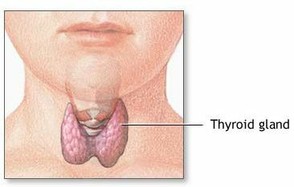



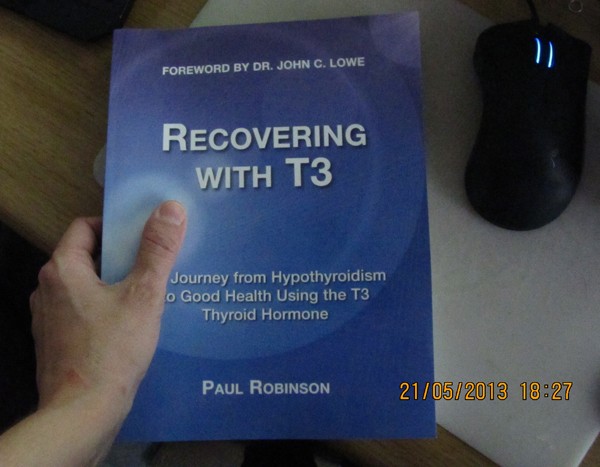


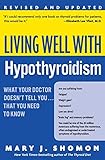
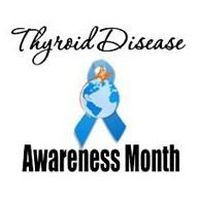

 Percy Jackson Books In Orderon 10/15/2014
Percy Jackson Books In Orderon 10/15/2014
 Meditation For Pregnancyon 09/25/2013
Meditation For Pregnancyon 09/25/2013
 New Age Meditationon 09/23/2013
New Age Meditationon 09/23/2013
 How To Use Essential Oils With Reikion 09/22/2013
How To Use Essential Oils With Reikion 09/22/2013


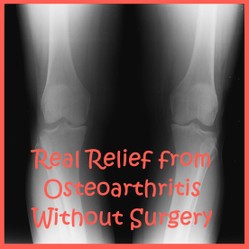
Do You Know Anyone Who Suffers From Hypothyroidism?
Great facts and truths about hypothyroidism! Thanks for your devotion in honest research, much appreciated.